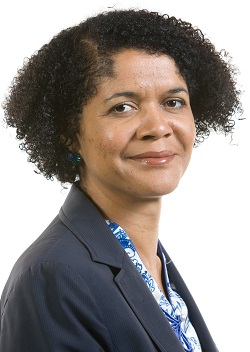For this year’s NU Women Annual Lecture, we were delighted to welcome guest speaker Professor Jo Litter, who discussed her upcoming book Left Feminisms: Conversations on the personal and political. With thanks to Dr. Nikki Godden-Rasul for chairing our discussion.
Based on a series of interviews with prominent left feminist activists and academics over the past decade, Prof. Jo Littler’s upcoming book interrogates the current feminist conjuncture, which is seeing in the resurgence of left feminism to replace the post-feminist, neoliberal, and pop feminism of the 1980s and ‘90s. Littler’s work locates left feminism as a type of feminism that sees capitalist and sexist oppression as interlinked.
We can see this wave of critique in a range of political events: from the rise of figures such as U.S. Congresswoman Alexandria Ocasio-Cortez; to renewed outrage about gendered pay gaps and the resulting womens’ strikes; to the re-emergence of struggles for childcare. However, this shift within feminism has taken place alongside the simultaneous rise of neoliberal capitalism, austerity, and nationalism.
Within this environment, Littler characterises left feminism as oriented around five goals. First, the end of (gendered) economic exploitation, with specific attention to social reproductive roles often taken on by women. Second, by experimenting with liberatory systems left feminist work contributes to prefigurative politics. Third, left feminism is relational and co-operative in its recognition of feminism as a project rather than an identity and of social problems as systemic and their solutions as collectivist. Fourth, left feminism is explicitly intersectional and sensitive to intersectional difference. Finally, left feminism recognises a need for a range of spaces of intervention within contemporary socio-political structures.
Left feminism also contains its own internal divisions, as well as the fault lines of feminism at large. Issues of terminology loom large as more specific left-wing labels go through cycles of appeal; as do more specific issues related to left-wing politics and feminism, such as the extent of economic redistribution required, strategies for economic (de)growth, and the role of the state within feminist politics. Left feminism is similarly subject to issues around the exclusion of sex workers and the weaponization of anti-trans gender wars rhetoric seen in wider feminist movements.
Overall, Littler’s work positions left feminism as a conjecture with our contemporary socio-political currents, highlighting the importance of maintaining critical dialogues within and around feminism.
Left Feminisms: Conversations on the personal and political will be available for purchase in February 2023.



